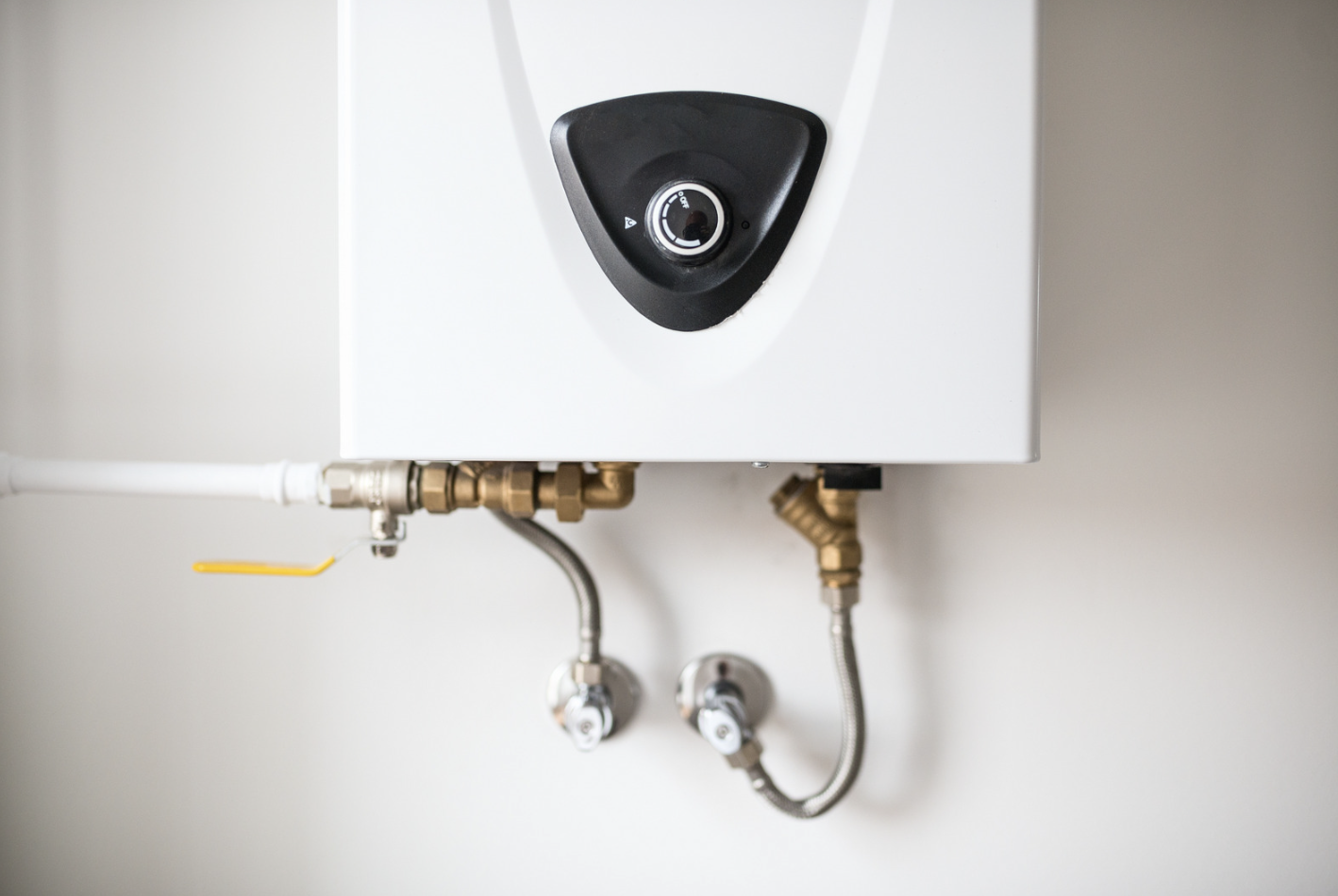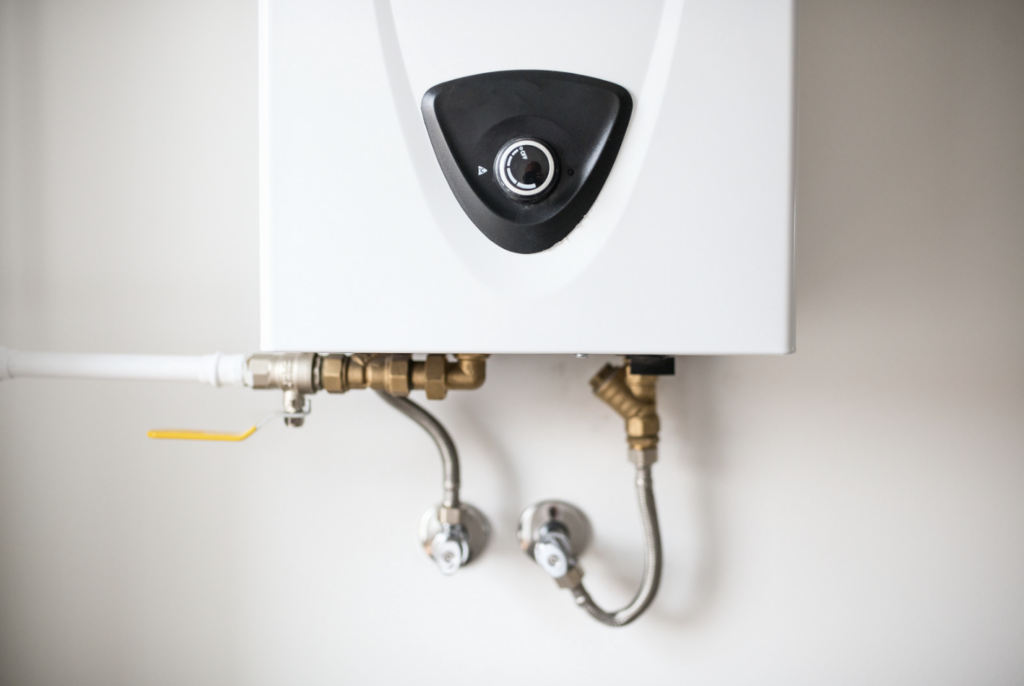
The Importance of Regular Hot Water Tank Maintenance in Arizona:

The Importance of Regular Hot Water Tank Maintenance in Arizona: How Regular Hot Water Tank Maintenance Can Save You Money
Arizona’s unique landscape and environment present homeowners with both opportunities and challenges. While the sunny climate is a draw for many, it also brings with it specific considerations for property maintenance. One of the crucial yet often overlooked aspects of home maintenance is the regular draining and flushing of your hot water tank. Whether you have a traditional hot water tank or a tankless system, regular maintenance is essential to ensure optimal performance and longevity.
The Hard Truth About Arizona’s Hard Water
One of the primary concerns for hot water tanks in Arizona is the region’s hard water. Hard water contains high levels of minerals like calcium and magnesium. Over time, these minerals can accumulate and form sediment at the bottom of your hot water tank. This sediment not only reduces the efficiency of your water heater but can also lead to a range of issues, including:
- Reduced Heating Efficiency: Sediment buildup acts as an insulating layer, making it harder for the heating element to transfer heat to the water.
- Increased Energy Costs: A less efficient water heater requires more energy to heat the same amount of water, leading to higher utility bills.
- Premature Wear and Tear: The added strain on your water heater can result in more frequent breakdowns and a shorter lifespan for the unit.
Tankless Systems Need Maintenance Too
While tankless water heaters are often touted for their efficiency and longevity, they are not maintenance-free. Even though they don’t store water like traditional tanks, tankless systems can still experience issues due to hard water buildup. Over time, mineral deposits can clog the heating elements and pipes, reducing the system’s efficiency and potentially causing damage. Regular maintenance, including descaling and flushing, is essential to keep your tankless water heater running smoothly.
The Benefits of a Soft Water System
Installing a water softener can significantly reduce the impact of hard water on your hot water tank. A water softener works by exchanging calcium and magnesium ions with sodium or potassium ions, effectively “softening” the water. By using softened water in your hot water tank, you can:
- Reduce Sediment Buildup: Softened water produces less scale, reducing the need for frequent flushing and draining.
- Improve Efficiency: A cleaner heating element and tank mean better heat transfer and lower energy costs.
- Extend Lifespan: By minimizing the wear and tear caused by hard water, a water softener can help prolong the life of your hot water tank.
The Cost of Neglecting Maintenance
Failing to perform regular maintenance on your hot water tank can lead to costly repairs or even premature replacement. Sediment buildup, corrosion, and other issues caused by neglect can result in:
- Major Repairs: Over time, sediment and mineral deposits can cause leaks, corrosion, and other mechanical failures that require professional repairs.
- Early Replacement: A poorly maintained water heater is more likely to fail prematurely, forcing you to invest in a new unit sooner than expected.
- Higher Energy Bills: Reduced efficiency means higher energy consumption and increased utility costs.
Conclusion
Regular maintenance of your hot water tank, whether traditional or tankless, is not just a good practice—it’s a necessity, especially in Arizona’s hard water conditions. By investing in annual draining, flushing, and considering the benefits of a water softener, you can ensure optimal performance, extend the lifespan of your water heater, and save thousands of dollars in repair and replacement costs. Don’t wait for problems to arise; make hot water tank maintenance a priority and reap the long-term benefits of a well-maintained system.